The Convention on Biological Diversity (CBD) is an essential international treaty designed to tackle the urgent issue of biodiversity loss.
Its main goals are to conserve biological diversity, promote the sustainable use of its components, and ensure the fair sharing of benefits from genetic resources.
As a key element of global conservation efforts, the CBD emphasizes the shared responsibility of nations to protect the planet’s natural resources for future generations.
This treaty significantly influences policies and strategies to preserve ecosystems worldwide, making it particularly relevant for environmentally conscious travelers interested in EcoTourism USA and National Parks Travel.
The Significance Of COP16 In Cali, Colombia
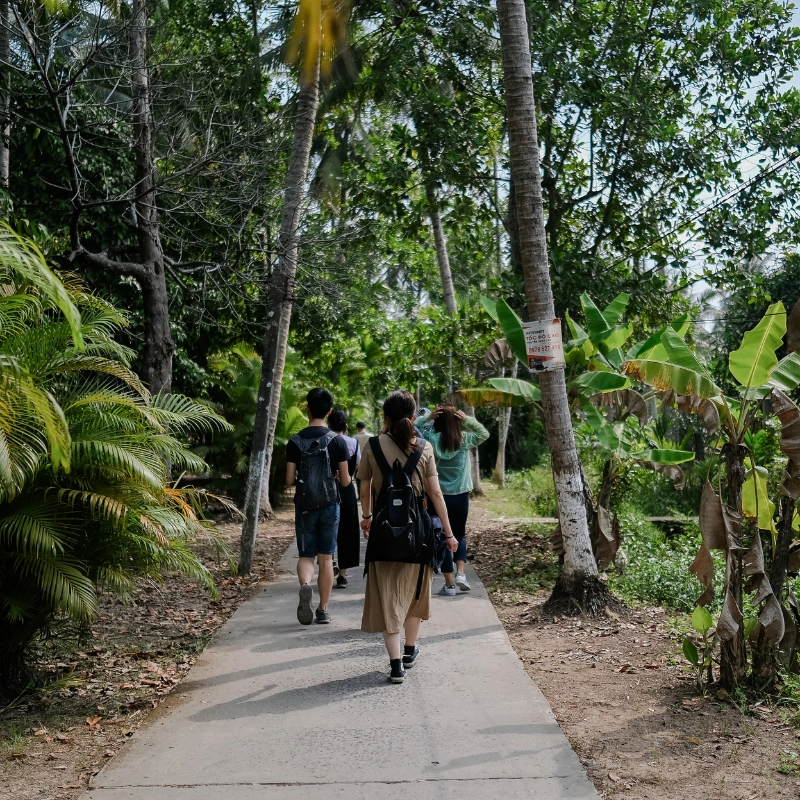
The 16th Conference of the Parties (COP16) to the CBD, held in Cali, Colombia, marks a crucial step in the global fight against biodiversity loss.
This conference brings representatives from over 190 countries to negotiate strategies for protecting vital ecosystems, such as forests and oceans.
A major focus of COP16 is the discussion of financial mechanisms to raise approximately $700 billion to support conservation initiatives globally.
These efforts are especially pertinent for those involved in Wildlife Watching Tours and Outdoor Adventure Activities, as they directly affect the preservation of natural habitats and biodiversity.
The Global Biodiversity Framework: A Roadmap To 2030
A central aspect of COP16 is the implementation of the Global Biodiversity Framework, a landmark agreement established in 2022.
This framework outlines 23 targets to achieve by 2030, including conserving at least 30% of the world’s land and oceans.
These targets provide a roadmap for nations to halt biodiversity loss and promote sustainable development, highlighting the need for coordinated global action.
For travelers seeking Sustainable Travel Guides and exploring Florida Recreation Areas, these initiatives underscore the importance of preserving natural landscapes and ecosystems.
The United States Position On The CBD
Despite widespread international participation in the CBD, the United States remains a notable absentee, having yet to ratify the treaty.
This non-participation stems from historical and political contexts, raising questions about the implications for global conservation efforts.
The absence of the U.S., a major global player, challenges the effectiveness of international biodiversity initiatives and underscores the need for greater engagement from all nations.
This situation is particularly relevant for those interested in EcoTourism USA, as it highlights the importance of domestic conservation efforts and policies.
Challenges And Opportunities In International Biodiversity Conservation

The journey to effective biodiversity conservation is filled with challenges, including the need for strong international cooperation and policy-making.
However, it also offers opportunities, particularly in eco-tourism and sustainable travel.
Fostering a deeper connection with nature and promoting conservation-minded travel experiences has the potential to drive both economic and environmental benefits.
For those engaged in National Parks Travel and Outdoor Adventure Activities, these developments provide a chance to support conservation efforts while enjoying the natural beauty of diverse ecosystems.


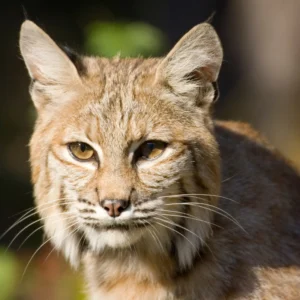

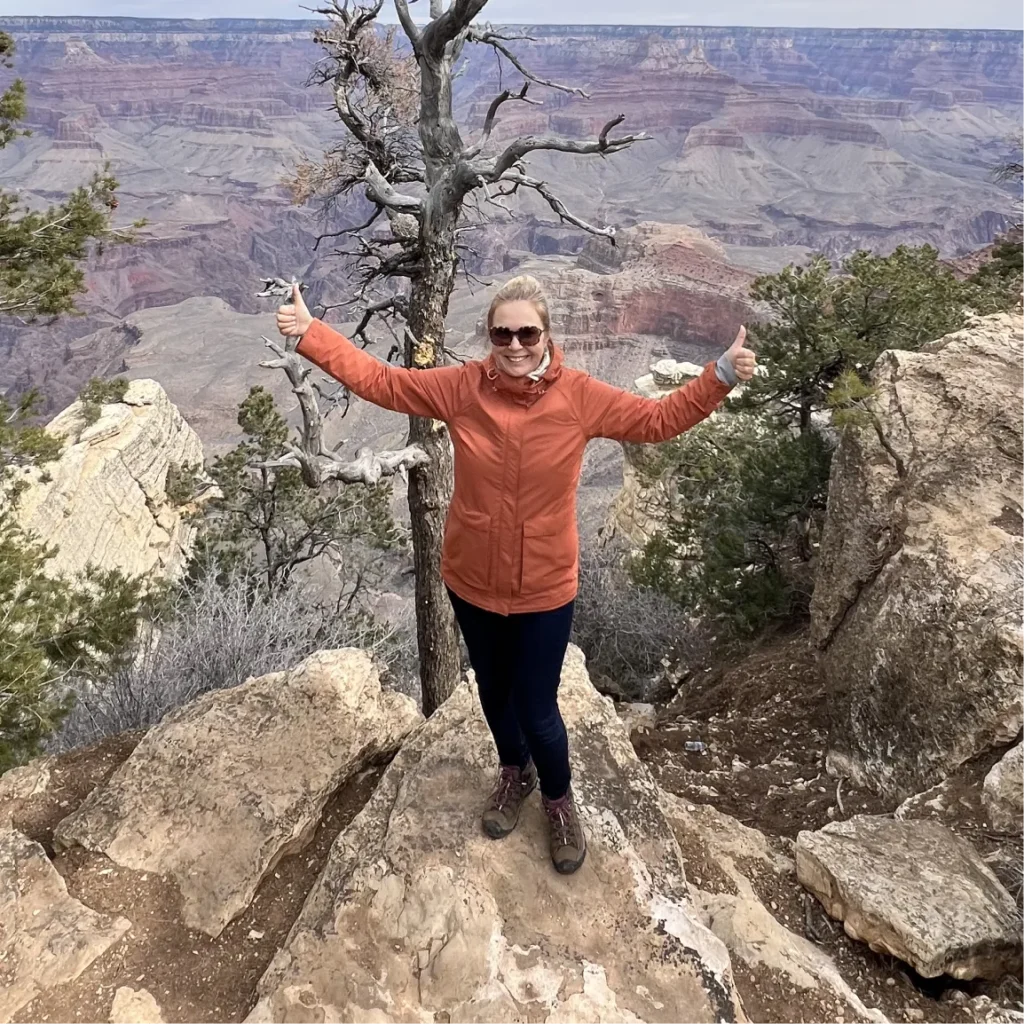

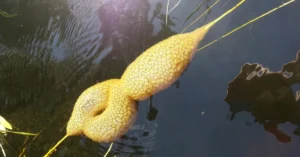
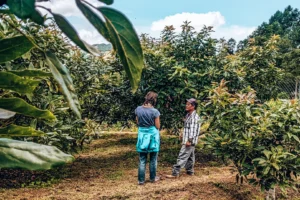

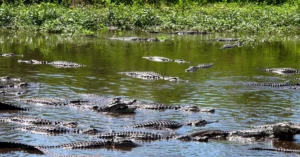
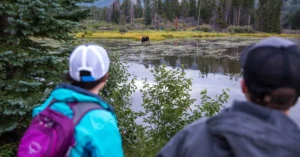
4 thoughts on “Key Takeaways From Cop16 On Biodiversity Conservation And Eco-Tourism”
Hey Julia, nice breakdown on the Global Biodiversity Framework. Just wondering, how does the framework plan to tackle the marine biodiversity issues specifically? Seems like oceans often get overlooked.
That’s a really good point, AlexR! I read somewhere that marine protected areas are part of the strategy. Hope they cover it in more detail.
Correct, SandyBeach. The framework includes commitments to protect at least 30% of the world’s oceans by 2030, focusing on areas of particular importance for biodiversity and ecosystem services.